Google launches 2013 Nexus 7 with 1080p display, wireless charging, more
Google used their Android and Chrome event this morning to announce the 2013 version of the Nexus 7, a wildly updated version of its popular tablet first released last year.
The new tablet will keep its 7-inch display, run on the latest Android 4.3 Jelly Bean, and include a 1080p resolution, a large upgrade.
Under the hood is a 1.5GHz Qualcomm Snapdragon S4 Pro, 2GB RAM, and Adreno 320 GPU, NFC, dual cameras 1.2/5MP, dual-band 802.11 a/b/g/n Wi-Fi and wireless charging support if you have a Qi-compatible charger. Additionally, the Nexus 7 supports OpenGL ES: 3.0, which supports higher-quality reflections, lens flares and other shading during gameplay.
Google thinned down the device somewhat, by 50 grams and 2mm, and the ugly bezel from the original is slightly reduced, as well. The rubber, gripped back from the original is gone, as well, replaced by a softer-touch finish.
The tablet will be available July 30th, starting at $229 for 16GB/Wi-Fi-only and moving up to $349 for a 32GB/LTE model.
Pre-order through Google here (if stock comes back): Google Nexus 7 via Google Play
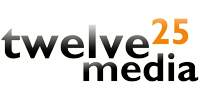
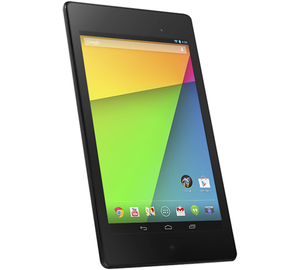
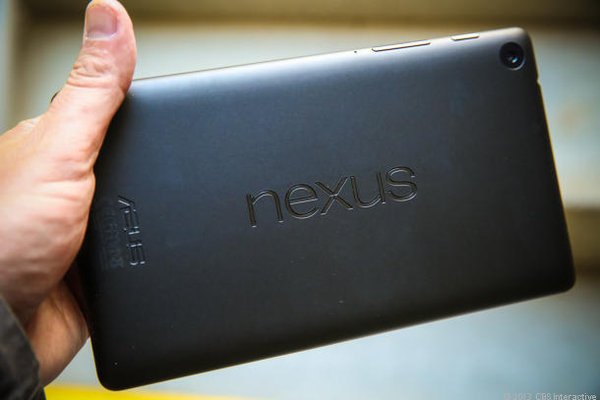
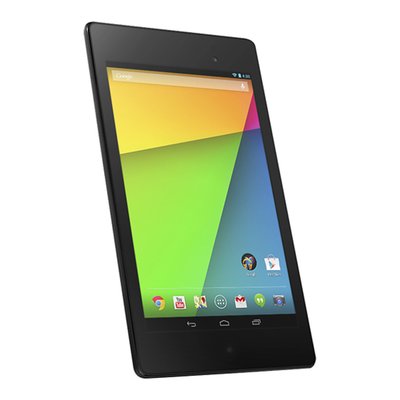

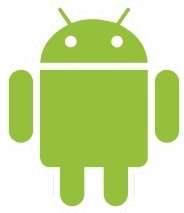

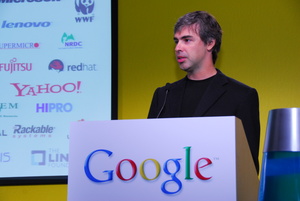
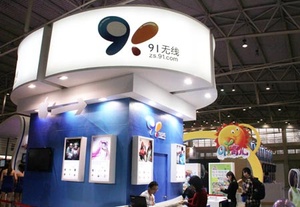

 OneGigabit, a new Vancouver-based startup, will offer fiber Internet speeds of one
OneGigabit, a new Vancouver-based startup, will offer fiber Internet speeds of one